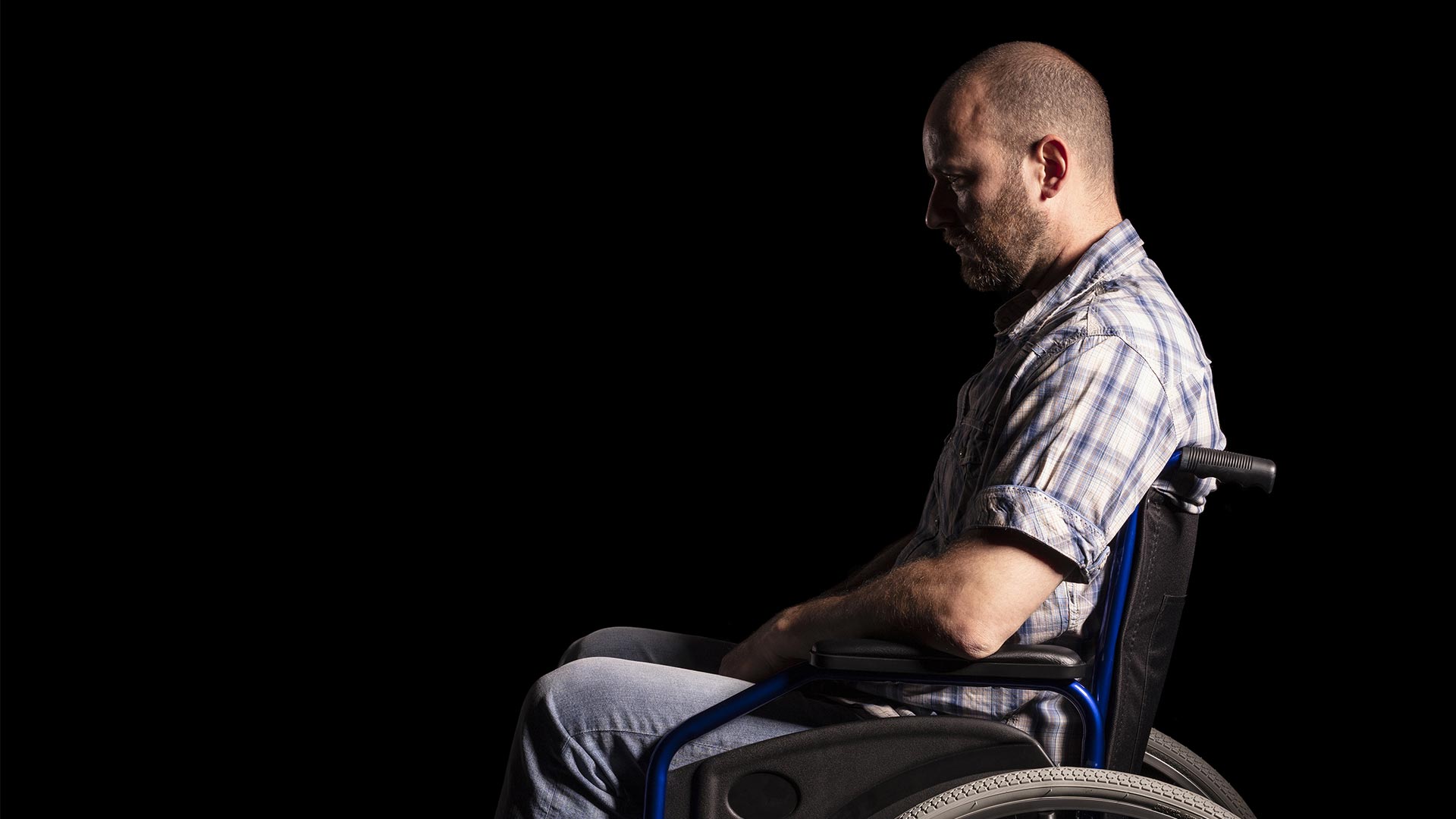
Please note: this article discusses topics that may be sensitive or upsetting to some readers.
Ann-Marie Smith.
For those of us working in the disability sector, Ann-Marie‘s name invokes a deep sense of sadness, disgust and shame – particularly when it comes to NDIS participant safety.
Sadness that a woman who was only 54 years old and living alone passed away in the most tragic of circumstances.
Disgust that any person could treat another human being the way Ann-Marie was treated; let alone by a person entrusted with her personal care.
And finally shame, that we advocate for and work in a sector that failed to protect Ann-Marie on so many occasions.
I would like to begin this article by thanking the doctors from the Royal Adelaide Hospital involved in Ann-Marie’s treatment for stepping up and advocating for her when no one else did. Thank you for bringing light to the pain and suffering that Ann-Marie experienced because without you, her story might not have been told.
Back in May, here at Amergin we commented on Ann-Marie’s case and made it clear that our stance on remaining compliant and up to date with your obligations and responsibilities as an NDIS Provider has not changed. We advocate for best practice service delivery and we all were sickened by the details of Ann-Marie’s case.
NDIS Participant Safety
I’m highlighting Ann-Marie’s case because there is a larger issue at play here that needs to be discussed and addressed by the systems that govern the safety of people with disability. Particularly as an NDIS Participant, you assume that the person entering your home to provide some of the most intimate personal care supports for you is firstly qualified to do so, knowledgeable of best practice service delivery, practices the policies and procedures of the organisation they work for and lastly, is passionate about working in the disability sector.
But how do you know that the person coming into your home is doing all the above? As a parent, how can you be sure that the person helping to support your child, is actually doing the right thing? How do you as a Participant or a family member or supporter assess the quality of an organisation’s supports they are delivering? What can help you have peace of mind that when the time comes, your child with disability will be cared for in a respectful, dignified and quality way when you are no longer there to advocate for them?
I have more questions than I do answers and I know people in the community are all discussing the same thing; that there are some pretty significant gaps in this sector for people with disability who do not have others, such as family or close friends, to help support them.
Each month, there seems to be more and more instances reported in the media of people with disability being exploited and abused by those entrusted to care for them. While it’s great that this issue is being highlighted and discussed widely in the media, what is actually happening behind the scenes to address these issues?
While there doesn’t seem to be any larger scale action occurring anytime soon, particularly as the Royal Commission into Violence, Abuse, Neglect and Exploitation of People with Disability is ongoing; there are some organisations out there that are committed to upholding best practice, supporting NDIS Participant safety and advocating for people with disability. There are some resources available via Everyday Practice that support this issue.
I’m proud to have been part of the Everyday Practice project over the past 12 months because in the process of developing resources and tools for NDIS Participants and Providers around best practice service delivery; I’ve educated myself further on the everyday issues that no one likes to talk about. I’m empowered to share my learnings with others and I will continue to advocate for NDIS Participant safety so that others don’t have experience the abuse that Ann-Marie Smith suffered.
They say silence is complicity, so I encourage you to speak up if you witness or hear about something that just isn’t right. Share your story or support someone else to share their story because it’s up to us to help continue bringing light to these issues and advocating for change. We might be only one person with one voice but if we stand together we can be heard.